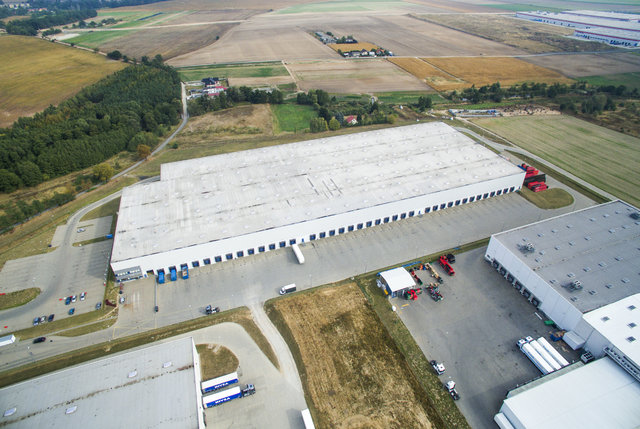There are 10,000 more foreigners working in the Pilsen Region than a year ago
In July, compared to June, the number of foreigners from EU countries working in the region decreased in the Pilsen Region. Year-on-year, however, the number of foreigners employed in the region is significantly higher. Compared to the previous month, the number of foreigners from third countries increased in July compared to last July. As of the last July, the Labor Office registered 60,258 working foreigners in the region, which is 10,333 more than a year ago, according to Pilsen-based labor market analyst Tomáš Moravec
At the end of July, the Labor Office had 39,884 information cards of workers from EU countries in the region. Compared to June, it was 54 cards less, but there are 2145 more year-on-year. Thanks to the previous favorable economic situation, companies were looking for thousands of new employees, especially for workers' positions, and hiring EU citizens. Most often they were places of assembly workers, auxiliary workers in production, machine operators or construction workers. With the economic downturn, especially at the end of last year, the number of foreign workers fell.
Most Slovaks have been working in the region for a long time, currently compared to June, there were 28 more of them and a total of 16,699 of them work in the region. This is followed by Romanians (8893) and Bulgarians, of whom there were 61 fewer in July compared to June, and a total of 7123 of them have jobs in the region.
Compared to June, there were more foreigners from countries outside the EU, who only need to hand in an information card and do not need a work permit, because they have a permanent residence in the Czech Republic or someone from a family with a legal residence. At the end of July, 11,315 of these people worked in the region, which was 78 more than in June and 1,213 more than last year at the end of July. Citizens of Ukraine (7470) have the largest share, followed by Vietnam (1875) and Moldova (393).
There are 9059 foreigners from third countries who obtained a work permit from the labor office. This is 116 more than in June and 6975 more year-on-year. "In the vast majority of cases, these are short-term work permits for up to three months. More than 93 percent of them were for Ukrainian citizens," Moravec said. According to him, most classic work permits are processed in the regime of employee cards, which serve both as residence and work permits. They are issued by the Ministry of the Interior and their numbers are not included in the statistics of the regional labor office.
At the end of July, 11,910 people were out of work in the Pilsen Region, where more than 590,000 people live. Job vacancies were offered by employment offices in the region of 32,375.
Source: CTK





 2021-08-10
2021-08-10
 2021-08-10
2021-08-10
 2021-08-10
2021-08-10